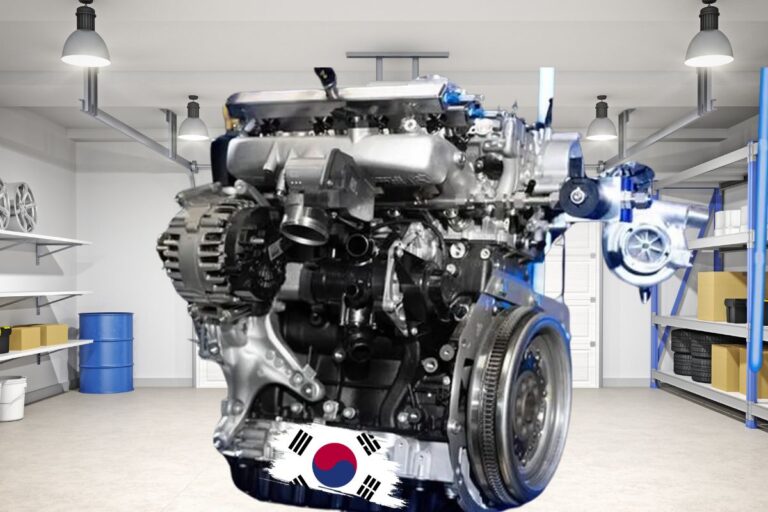As the world continues its push toward reducing emissions and addressing climate change, a Korean car manufacturer has taken a bold step forward. Hyundai-Kia, in collaboration with the Korea Institute of Machinery and Materials (KIMM), has developed an innovative new engine that runs on hydrogen—not electricity or gasoline. Could this breakthrough technology signal the end of the gasoline engine era?
Hydrogen: A Viable Alternative?
While electric vehicles (EVs) have been gaining traction in the clean mobility space, another contender is starting to make waves: the hydrogen-powered internal combustion engine (ICE). This engine works by burning hydrogen directly, offering an attractive alternative with minimal emissions while retaining many of the benefits of traditional engines, such as a quick refueling time and long driving range.
What makes hydrogen an appealing option for the future of mobility is its potential to dramatically reduce carbon footprints. Unlike gasoline, which emits harmful pollutants like carbon dioxide (CO2) when burned, hydrogen produces only water vapor as a byproduct. While electric cars are making significant progress, hydrogen is starting to emerge as a powerful complement to the clean energy transition.
A Major Innovation from Hyundai-Kia
The latest innovation from Hyundai-Kia is a 2-liter hydrogen direct-injection engine, a modification of an existing engine block designed to run exclusively on hydrogen. This powerful engine is capable of operating at pressures over 30 bars, a feat that was previously difficult to achieve with hydrogen-based engines. What this means for the automotive industry is nothing short of revolutionary. The engine’s design promises to change the game, setting new benchmarks for both performance and environmental impact.
Incorporating advanced technologies like a turbocharger, this hydrogen engine not only reduces emissions but also maintains high thermal efficiency. This results in improved engine performance, making it an exciting development for both everyday drivers and commercial vehicle operators looking for more sustainable solutions.
Reduced Ecological Impact
Hyundai-Kia’s hydrogen engine is already showing impressive results in terms of its environmental benefits. The potential reduction in emissions compared to traditional gasoline engines is staggering:
- 99% reduction in CO2 emissions
- 90% reduction in particulate emissions
- Only 15 ppm of NOx emitted
These reductions represent a huge step forward in the automotive industry’s goal to lower its ecological footprint. With hydrogen, vehicles can achieve near-zero emissions, making it an attractive option for those who want to drive greener without sacrificing performance.
A Step Toward Rapid Energy Transition
Young Choi, the project leader at Hyundai-Kia, views this innovation as a quick, economical solution to replace fossil fuels. The applications of this hydrogen engine extend beyond just passenger vehicles; it’s also being designed for commercial vehicles and power generators. This dual-purpose approach makes the technology even more compelling as it could help accelerate the shift away from fossil fuels in various sectors.
However, as promising as this hydrogen engine is, there are still significant challenges to overcome. Widespread adoption of hydrogen-powered vehicles will require building an infrastructure for hydrogen distribution and ensuring that hydrogen production is both sustainable and cost-effective. These hurdles are not insignificant, but the potential rewards—reduced emissions and a move toward a zero-emissions future—are worth the effort.
The Road Ahead: A Hydrogen-Powered Future?
The hydrogen engine developed by Hyundai-Kia and KIMM represents a major step forward in the push for sustainable mobility. It shows that hydrogen is not just a futuristic concept but a tangible, ready-to-deploy technology that could play a crucial role in the future of transportation. As the world continues to focus on reducing its carbon footprint, innovations like this offer hope for a future where the mobility industry operates with near-zero emissions.
The journey toward a zero-emission future won’t be easy, but with groundbreaking technologies like hydrogen engines, we might be closer than ever to achieving that goal. This development is not just a technological leap; it’s a glimpse into what could be a much greener and more sustainable automotive industry in the years to come.






